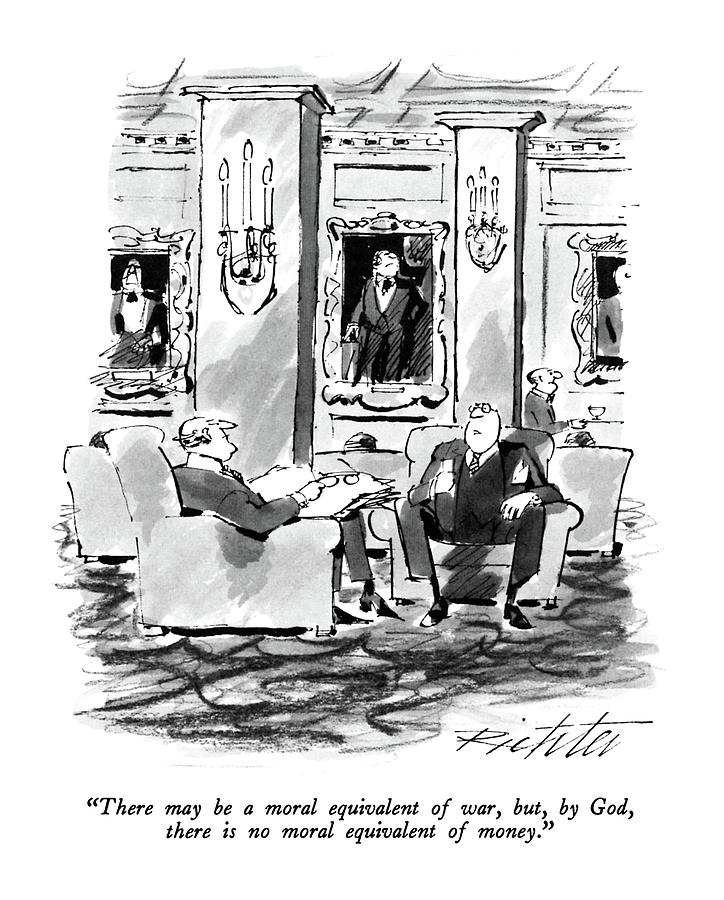Written by Matteo D'Urso (Section 13) for Dr. Phil Oliver
Please Note: This blog post is designed to be supplementary to my previously delivered speech, as such, it will not be repeating information that has been previously stated. Thank you.
This is more or less a collection of various different "bits and bobs" that I came across during my original research of the "Moral Equivalent of War" article. These didn't fit into my script for the speech, however, they are good in their own right. Please check them out below.
Full Article Audiobook:
Below, you will find a video of a reading of the full original article by William James. I highly recommend that you check it out, if you haven't already, as hearing the article read aloud provides a whole new dynamic to it.
Jimmy Carter's Speech:
In this now infamous speech, former president Jimmy Carter compared the 1970s energy crisis with the "moral equivalent of war." He never gave credit to William James, but he did use his ideas in the speech to help the American public understand what he was talking about. In the speech, Carter preposes a program to help solve the energy crisis. According to CATO: "The programme would have significantly altered American life, at a heavy cost to the public." Congress never approved the program, and the energy crisis was solved without it. The full speech can be viewed below. More info here and here.
New Yorker Cartoon:
Original source here.
Is there a "moral equivalent of money"? What do you think? Personally, I can't think of one.


























